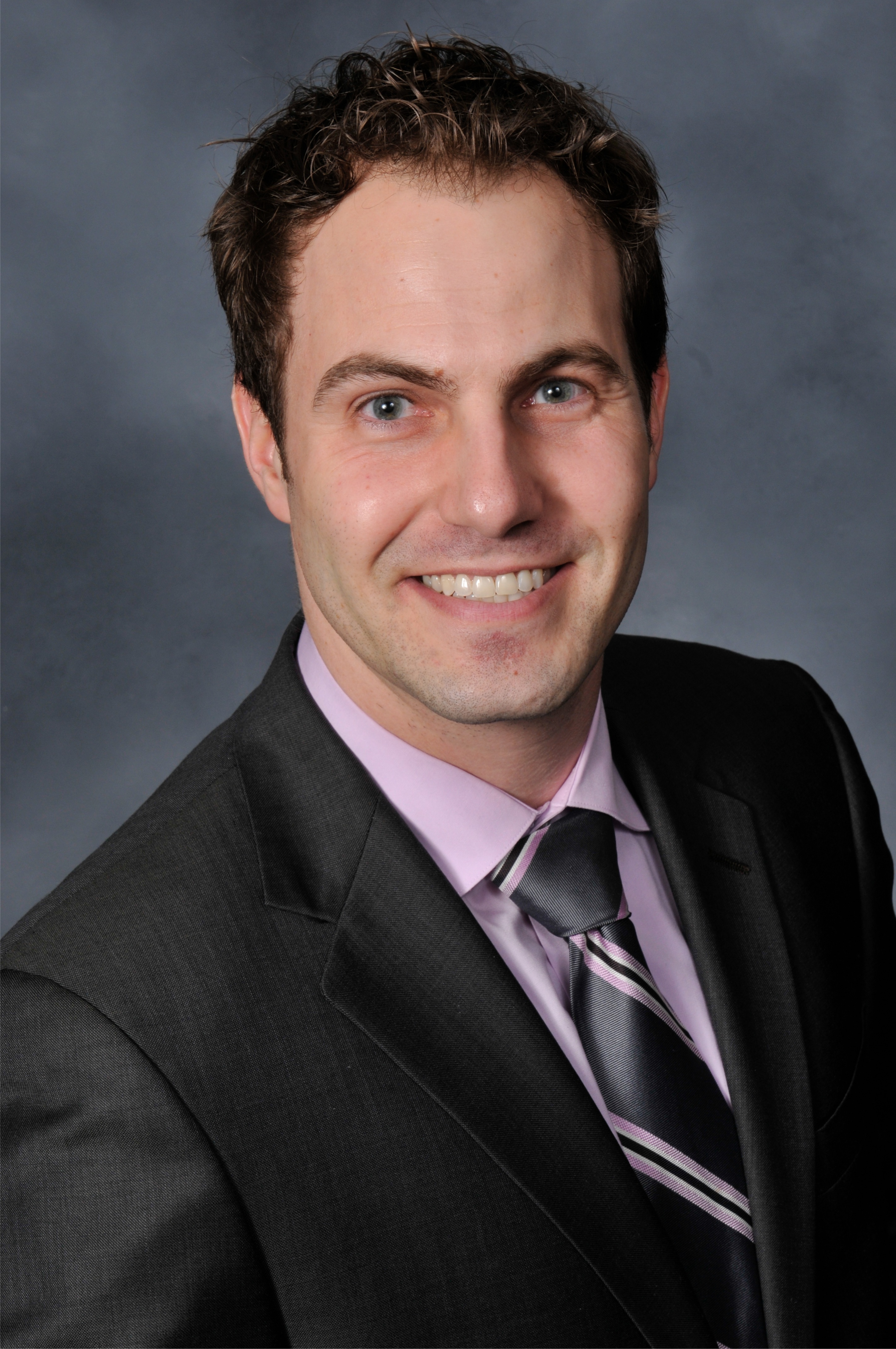Rhinitis Medicamentosa (“The drug induced nasal stuffiness”)
 |
Douglas Leventhal, M.D. Board Certified Otolaryngology-Head & Neck Surgery with special interest in Rhinology and Facial Plastic & Reconstructive Surgery Physician at ENT & Allergy Associates Oradell, NJ About the author: Dr. Leventhal graduated with high honors from the University of Wisconsin-Madison. He earned his medical degree from UMDNJ, graduating first in his class. He then completed his surgical internship and residency in Otolaryngology – Head & Neck Surgery at Thomas Jefferson University Hospital in Philadelphia, PA. Following residency, Dr. Leventhal went on to receive advanced fellowship training in Facial Plastic & Reconstructive Surgery at New York University in New York City. |
Rhinitis medicamentosa is a condition of rebound nasal congestion with the prolonged use of topical decongestant sprays. These addictive, over the counter, nasal sprays contain one of the following ingredients: Phenylephrine, Naphazoline, Oxymetazoline, Xylometazoline, Tramazoline and Tetrahydrozoline. The most common brand names of these types of nasal sprays are Afrin® and Neo-Synephrine®. Rhinitis Medicamentosa typically occurs after 5-7 days of using these medications. These medications work by constricting the blood vessels within the nasal tissue leading to a decrease in blood flow and swelling. With prolonged use, the tissue becomes less responsive to the medication, requiring more frequent usage of the sprays with a diminished effect. If this vicious cycle is continued, permanent damage to the nasal lining may occur. The best treatment for Rhinitis Medicamentosa is prevention. Most people think that over the counter nasal sprays are safe and thus use them as often as necessary. However, when purchasing any nasal sprays with the aforementioned ingredients, be careful to use them for no more than 3 days. If you are one of the people who have made a habit of using these sprays, you should consult with your doctor regarding treatment. The mainstay of therapy is stopping the offending spray, either “cold turkey” or by weaning. However, when stopping these sprays, a bothersome rebound congestion usually occurs. During this time, nasal saline solutions, such as NeilMed® Sinus Rinse™, are frequently used to help reduce nasal swelling. If the rebound congestion is severe, nasal steroid sprays (which are non-addictive) and occasionally oral steroid medications may be also used under physician supervision.
(3681)
This is a great product. I work for and ENT office and we have our patient’s use the sinus rinse and neti pot for after surgery sinus flush along with the gel spray for moisture. We also recommend using distilled water to keep from any bacteria growth in the bottle. It is completely safe product and works very well.